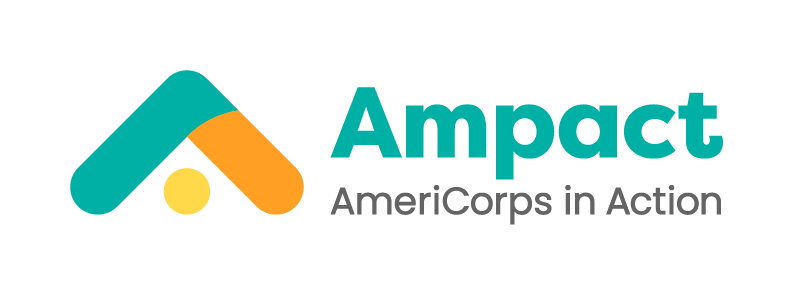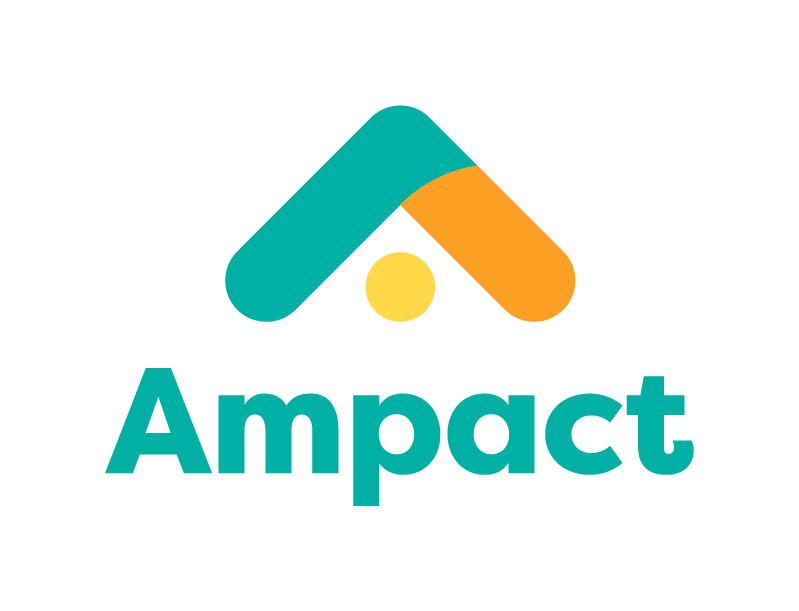Member helps make public health resources more accessible through language
Language barriers can make everyday tasks difficult, especially accessing healthcare. According to the National Library of Medicine, language barriers can not only make healthcare more expensive through the use of translators, but they can also decrease patients’ healthcare quality and safety. At Cece’s service site, she helped make healthcare more accessible for English-learning adults who eventually became like family.
Cece is from Kenya. Her background has informed her education and career goals immensely. Studying medical anthropology for her undergraduate degree, she is now pursuing a Master of Public Health so she can provide a voice for people of different backgrounds. She learned about Public Health Corps from her university and was even able to use it as her practicum for her graduate degree.
When her service site, Clay County Public Health, gave her the opportunity to collaborate with the Afro American Development Association (AADA) in Moorhead, Minnesota, she saw it as the perfect opportunity to start a project in her field of interest. Her project had two parts: to tutor English to non-native speakers and to conduct research that would improve the organization’s services.
Research
For her research, Cece conducted surveys and held focus groups with the people who attended the tutoring sessions. She presented her findings to them and even got to start implementing changes before her service term ended in July 2023. AADA was happy to have her support! “Even before the results, they were very excited I was doing that because there wasn’t enough resources to figure out different ways of teaching or learning,” she says. “When I decided to take that project on, they were really looking forward to some of the answers and suggestions that would come out of it.”
Tutoring
In addition to collecting data, Cece also held weekly tutoring sessions herself. Coincidentally, two of her students spoke Swahili, Cece’s first language. She could communicate with them in a special way. “Being in the U.S. and my family in Kenya, you don’t have people who are that close,” she says. “They became family, they became grandmas who I could become close with. There's just something about speaking your native language that brings you closer to the person you meet.
“When I started tutoring, I stepped into their shoes and started seeing the difficulty they have just trying to communicate and how much effort they are putting into it. It was hard seeing them struggle, but it was also something I was using as a goal. Two words or a sentence, I just wanted them to feel good about their progress and know they were progressing. Tutoring became like giving them their voice back. That’s how important English was to them.”
Making healthcare more accessible
When she wasn’t tutoring, Cece helped visitors of AADA who were looking for resources. Many visitors spoke languages other than English. If they spoke Swahili, Cece could help them in their language. If they did not, she still would use nonverbal communication to start the request before someone else came to help her.
“I was met with language barriers, and it was another realization that as much as I wanted to help other people from different communities, I might not have the language to help them,” she says. And that’s why Cece wants to start a career in public health – to make it more accessible for everyone. Fortunately, Public Health Corps gave her the opportunity to get some experience doing so before she finishes her education!
Even though her service term has ended, Cece plans on continuing to volunteer at AADA so she can keep helping the women she tutored. “I definitely enjoyed my service term, and I’m grateful for the experience.”


